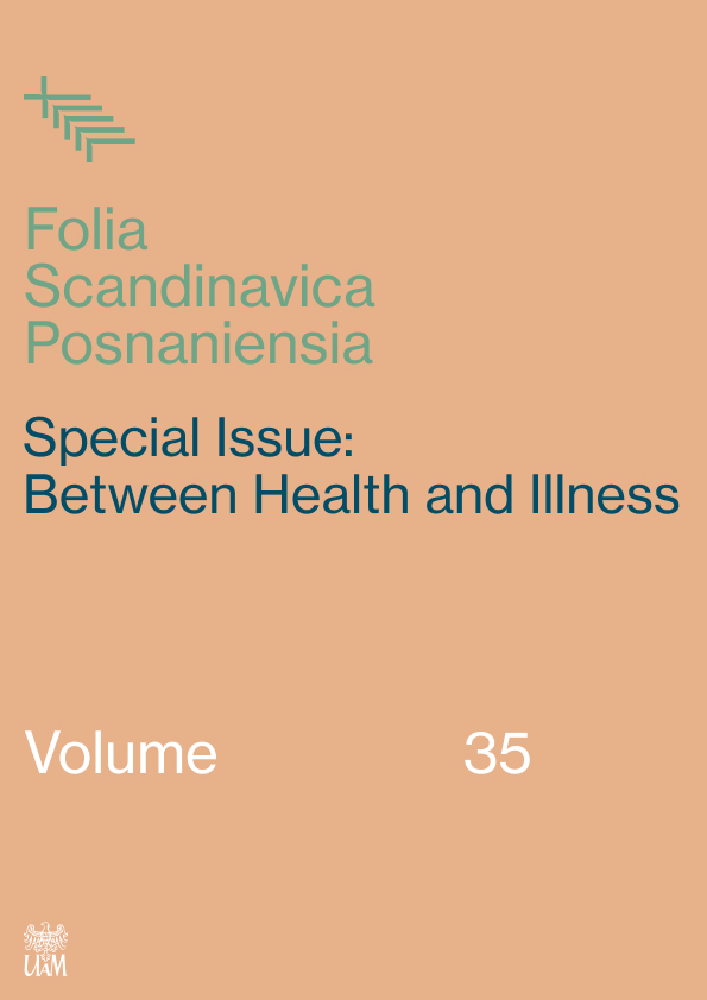Abstract
This epilogue situates the special issue within discussions from the health humanities more broadly. It is argued that fiction and non-fiction books about issues of health and illness as well as research on the topic proliferate these years, because there has been a dearth of humanistic and existential inputs under a biomedical paradigm. It is suggested that there are three recurring themes that often characterize research on illness representations in literature: 1) Discussions of a medical and literary language use, 2) discussions of illness experiences as narratives, and 3) discussions of difficulties with transferring bodily experiences into linguistic representation.
References
Aristoteles (2011). Poetikken (oversat af Niels Henningsen). Frederiksberg: Det lille Forlag.
Frank, A. (1995). The Wounded Storyteller. Body, Illness, and Ethics. Chicago: The University of Chicago Press. DOI: https://doi.org/10.7208/chicago/9780226260037.001.0001
Gammelgaard, L. R. (2019). Social Justice and Nøh’r Artistic Accounts of the Danish Health Care System. Tidsskrift for Forskning I Sygdom og Samfund 31, 89–105.
Rimmon-Kenan, S. (2006). What Can Narrative Theory Learn from Illness Narratives? Literature and Medicine 25(2), 241–254. DOI: https://doi.org/10.1353/lm.2007.0019
Skiveren, T. (2020). Kødets poiesis. Kropumulige kroppe I ny dansk litteratur. Hellerup: Spring.
Stage, C. (2017). Networked Cancer: Affect, Narrative and Measurement. Cham, Switzerland: Palgrave Macmillan. DOI: https://doi.org/10.1007/978-3-319-51418-5
Woolf, V. (2002 [1930]). On Being Ill. Ashfield, Massachusetts: Paris Press.
License
Copyright (c) 2024 Lasse R. Gammelgaard

This work is licensed under a Creative Commons Attribution 4.0 International License.
